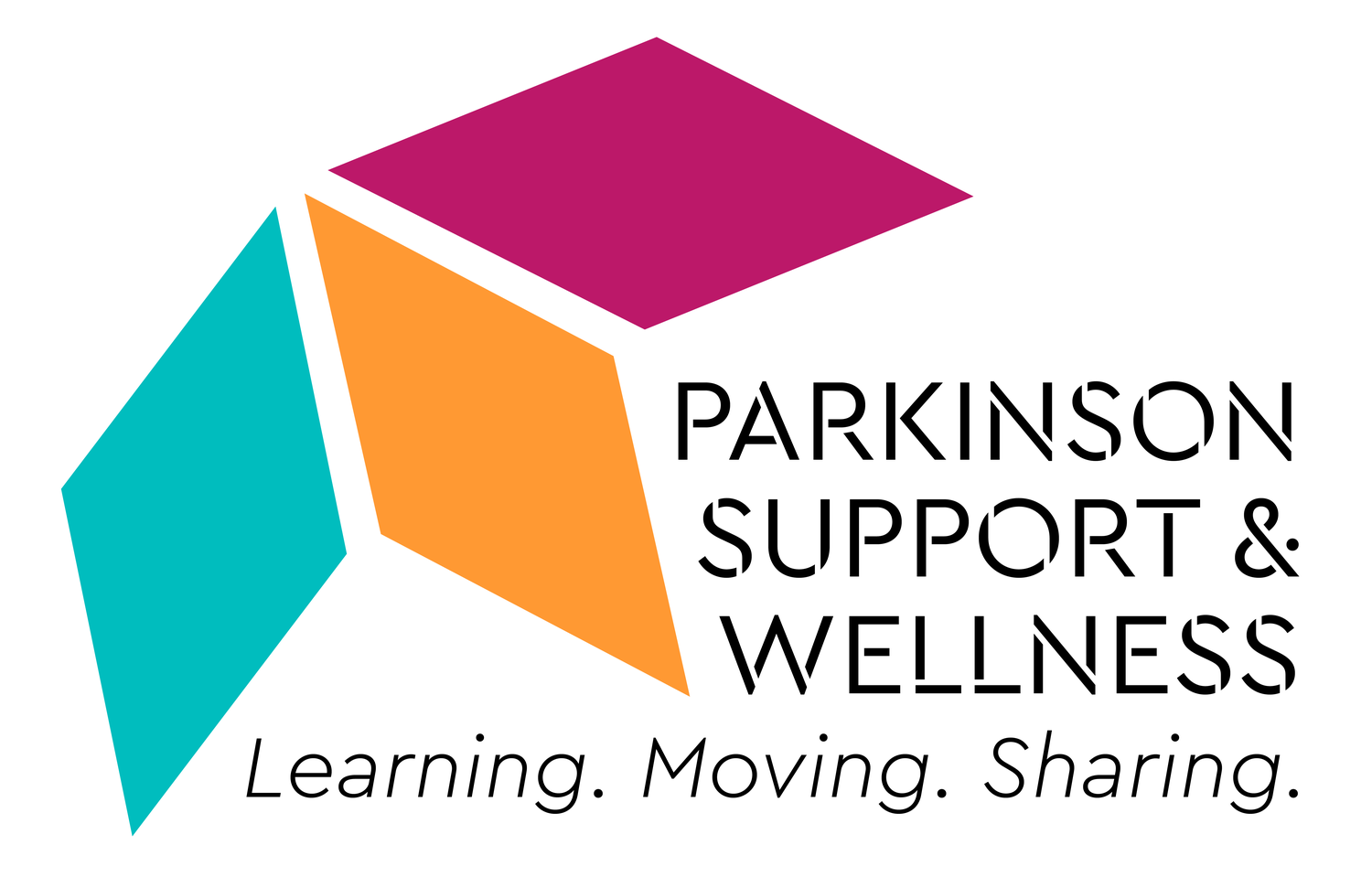By Elizabeth Grover
Holidays can be full of joy and excitement, but also tricky to navigate if you have any sort of chronic illness. The keys to enjoying the holidays can be sorted into a few important categories: maintain routines, be alert to safety issues, ask for and accept the help you need, and keep it simple.
Maintain your routines.
Maintain your medication schedule assiduously. No exceptions! Be prepared with extra meds in case you need them for some reason. Use the alarm on your cell phone to keep track of time, Be sure you have enough medications for the entire holiday before anyone arrives or you depart. Recruit family members to help you remember your meds.
Maintain your exercise routine. If you have to leave town, you may be able to follow exercise workouts online. Take a walk with a family member and enjoy the conversation. You can pack exercise bands easily in your suitcase because they are so slim and light. Exercise in short bursts throughout the day, squeezing in mini-workouts between family responsibilities.
Maintain your sleep routine. Try to get the sleep you need; don’t stay up too late and follow your other nighttime routines.
Keep it safe.
Travel with safety in mind. Select the activity and travel schedule likely to produce the lowest level of stress. If traveling in airports, bring a cane or walker to signal others you need space. Bring a nightlight for bedrooms away from home. Give yourself some space to destress and relax by booking a suite instead of just a room, or rent a nearby apartment for family to stay in instead of having everyone stay with you. If you are driving a long way, stop frequently to minimize physical discomfort.
If you are attending a party, dress comfortably to avoid physical stress caused by beautiful holiday clothes that don’t fit properly. Drive in two cars if possible. This will allow you to leave whenever you need to rather than waiting for others who want to stay later.
Avoid getting overtired. Rest when you need to. Don’t apologize for taking a nap. Reduce your risk of falling by avoiding potential dangers such as picking up grandchildren, hurrying across a room or driveway or street, or trying to keep up with younger relatives.
Be careful walking on unfamiliar sidewalks or paths. Do not walk or hike on snow or ice. Be especially careful if you are walking in the dark. Lack of visual clues makes maintaining balance harder. Bring a flashlight if you anticipate needing more light--or a head lamp which would leave your hands free.
Ask for and accept the help you need.
Plan for others to prepare meals as much as possible. Other ways to destress meal time is to get take-out or cook ahead. Insist that the younger generation contribute what they can.
Are you hosting the party? Have a close family member help with planning. Also use disposable items to help you not stress over cleaning up. Let go of the need to have all the food for the party “just like it is every year.” Once you have PD, there is no “every year” anymore.
Keep it simple.
Give gift cards or gift certificates to simplify your shopping needs. Encouraging others to do the same will avoid your having to carry things home. If you like giving gifts, order holiday gifts online. Make gift wrapping easy by using gift bags.
Keep family schedules kid-friendly (and PD-friendly!) and appropriate for the ages of folks involved. This will minimize problems with anyone getting overtired. Remind yourself that it is okay to not attend every holiday function or to only attend for a limited amount of time. Your health and mental well-being come first! It is okay to say no or to set boundaries. Ask your family to think of ways they can contribute to the de-stressing effort.
Sadly, not all your loved ones will be understanding. Try your best to explain why you might be doing a certain action when needed but also do not continue explaining if they refuse to honor a boundary you have set. Walk away for a rest (or a time-out) and come back to the conversation later (if needed).
Despite keeping it simple, make sure your family knows what is most important to you. If you have favorite traditions that you really do not want to miss, make them known to your loved ones to be sure they are not neglected. But be realistic about what you can really do and what you need to let go of.
Extra tips for care partners
If you have plans that include going to dinner or to a performance with your person with PD, call ahead to ask for seats on the aisle or near the front of the restaurant. Many establishments are willing to help make accommodations for folks with mobility or balance concerns. Calling ahead and anticipating your loved one’s needs allows the staff to plan ahead, so that you can focus on what you are doing—spending time together— instead of how you can ensure a smooth transition into the activity.
When going out to a social event, set a code word for your loved one with PD to say to you. The code word could mean they need to leave, need a break to rest, etc. Ask them their expectations and boundaries in advance. Be clear in your communications with them and them with you. Also, take them at their word. If they say they are fine, believe them.
Remember that PD is a progressive, so it would be expected that your loved one would decline over time. However, many of the most troublesome symptoms cannot be easily detected, so if they say they are NOT fine and can’t do a certain function or event anymore, please honor that.
Have fun with your loved one with PD. Make memories with them and show them how much you love and appreciate them.

